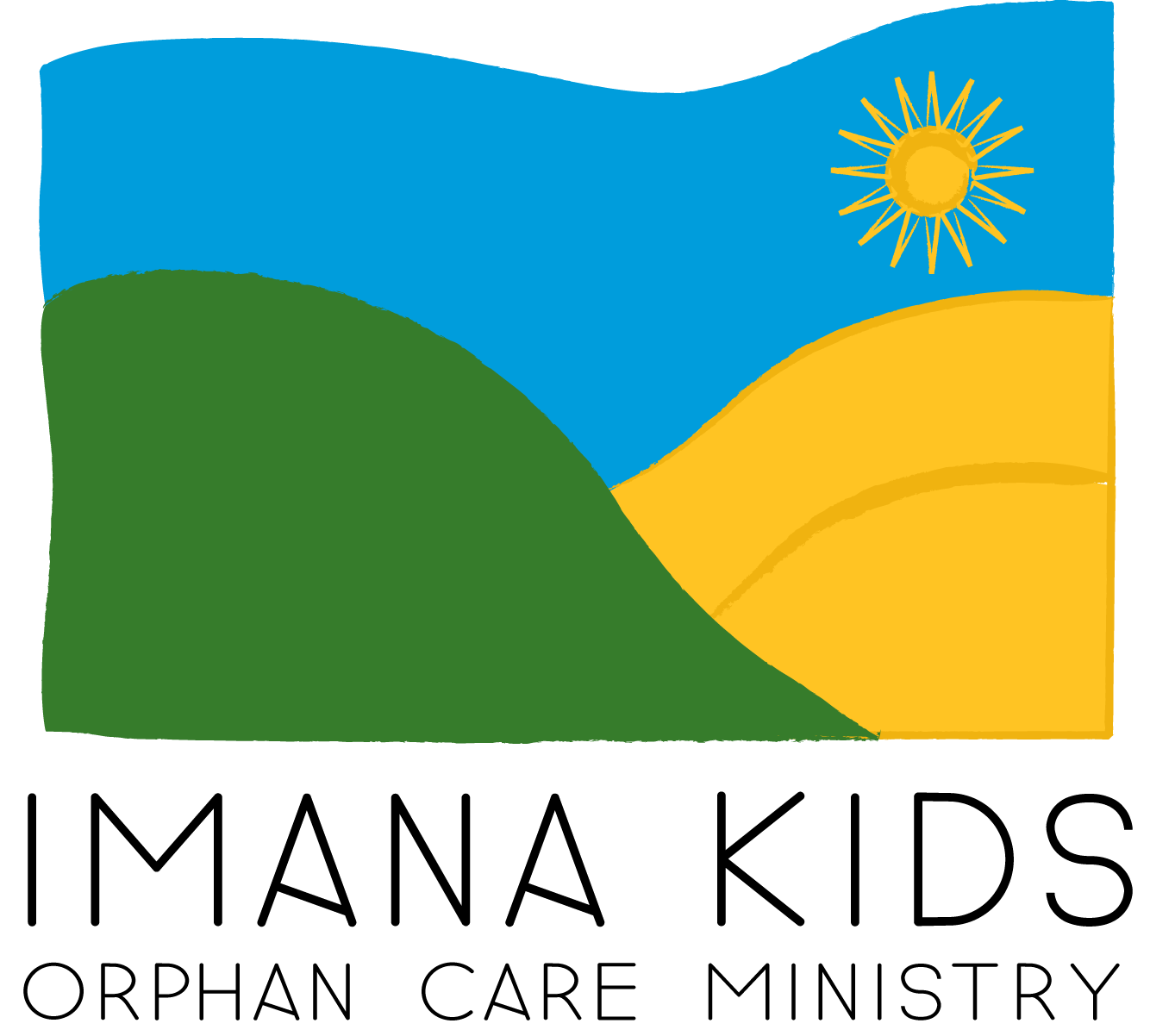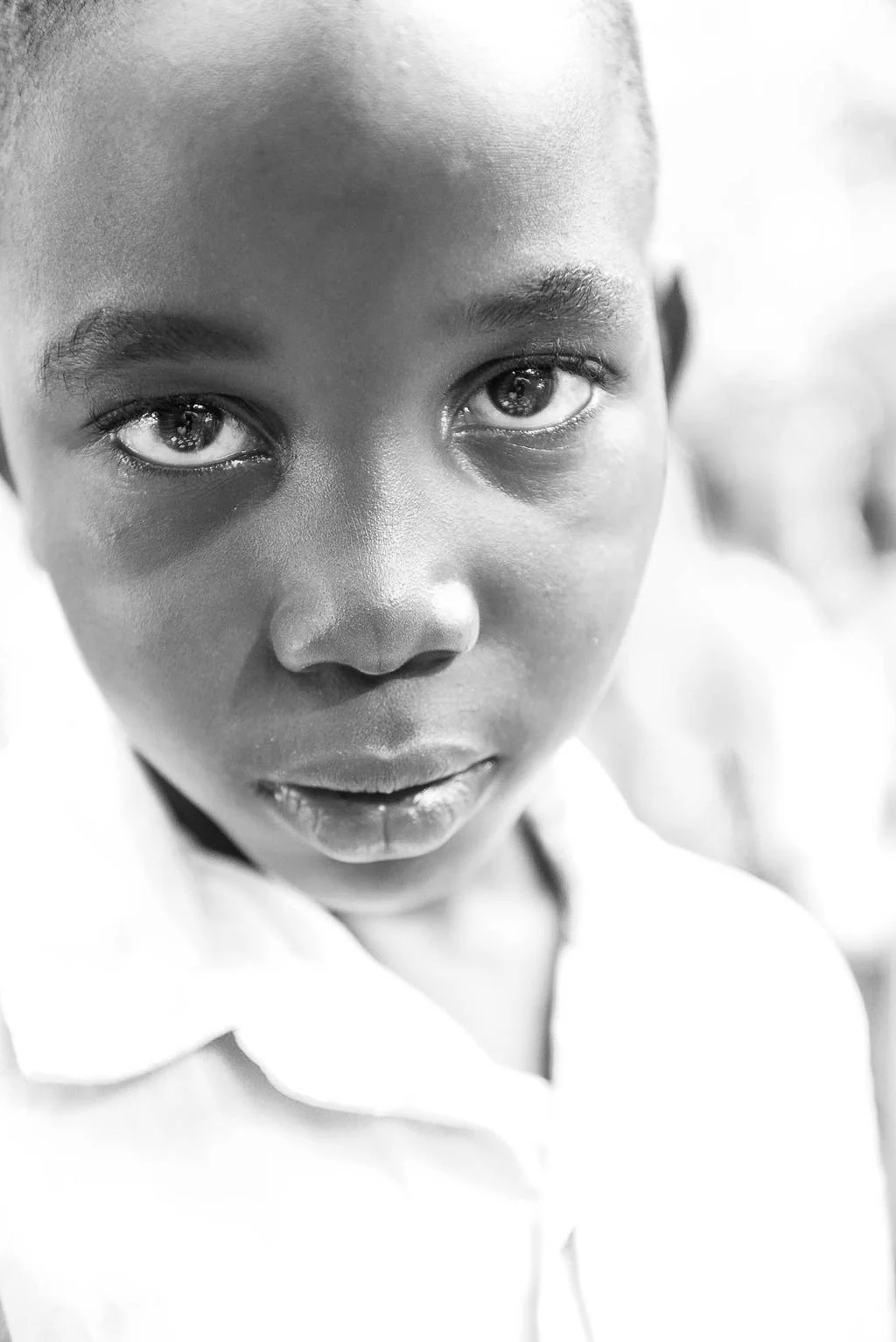What is trauma?
As an organization, Imana Kids has identified that our trauma responsiveness sets us apart as an educational and orphan care program. We’re committed to telling the stories, sharing the lessons and bringing awareness to our community as we work together to help bring hope and healing to the children of Rwanda. Each month, we’ll be highlighting elements of trauma care that are transforming lives of the kids we serve.
“Trauma informed” is an awareness of how life experiences impact behaviors. It’s important to have insight into what trauma is, why it matters and how systems and individuals can take their understanding and apply it to real life. “Trauma responsive” is looking at each piece of our organization and verifying that it is set up to deliver care that is optimal for facilitating healing for trauma and stress.
Trauma is the emotional response to a highly stressful or frightening event. The emotional response has a lasting impact on the individual’s emotional, psychological and even physical well being; it makes adapting, learning and connecting in the world complex, challenging, and often, impossible. Like pain, how one processes a traumatic event will vary, contributing to its complexity and unpredictability.
Our Imana Kids were not alive during the genocide of 1994, but each of them will attribute their life struggles to being a result of the war. Their biological parents may have been orphaned themselves during the genocide. Prior to 1994, there was no orphan crisis in Rwanda; it is not difficult to identify that the cycle of these orphans is a direct result of the death, economic instability and loss that occurred in the country during this time. Our students have experienced physical, sexual and emotional abuse, witnessed abuse and violence, have lacked consistent support systems and suffered malnutrition and chronic neglect.
How does trauma impact children?
Develop an expectation that bad things will happen to them. Children who have experienced a terrible event or events may become overstimulated or withdrawn during times of stress, even in situations that are not dangerous or unsafe.
Have a hard time forming relationships with other people. Kids who have experienced a traumatic event may have had a caregiver that was the source of the trauma or did not protect the child from it. Self-preservation will make it difficult for the child to trust or to build healthy connections with others because they have been deeply wounded.
Have difficulty managing or regulating feelings and behavior. Besides struggling to control emotions, many children with an adverse childhood event will not have the emotional maturity to identify their feelings, may struggle to have appropriate emotional responses and may be overly apathetic, disinterested or angry.
Have difficulty developing a positive sense of themselves. Kids who have experienced trauma feel powerless, unloved, ashamed and at fault. Building self-worth is one of the most important tools these kids need.
Up next month: Difficult behaviors and how connected responses change everything.

